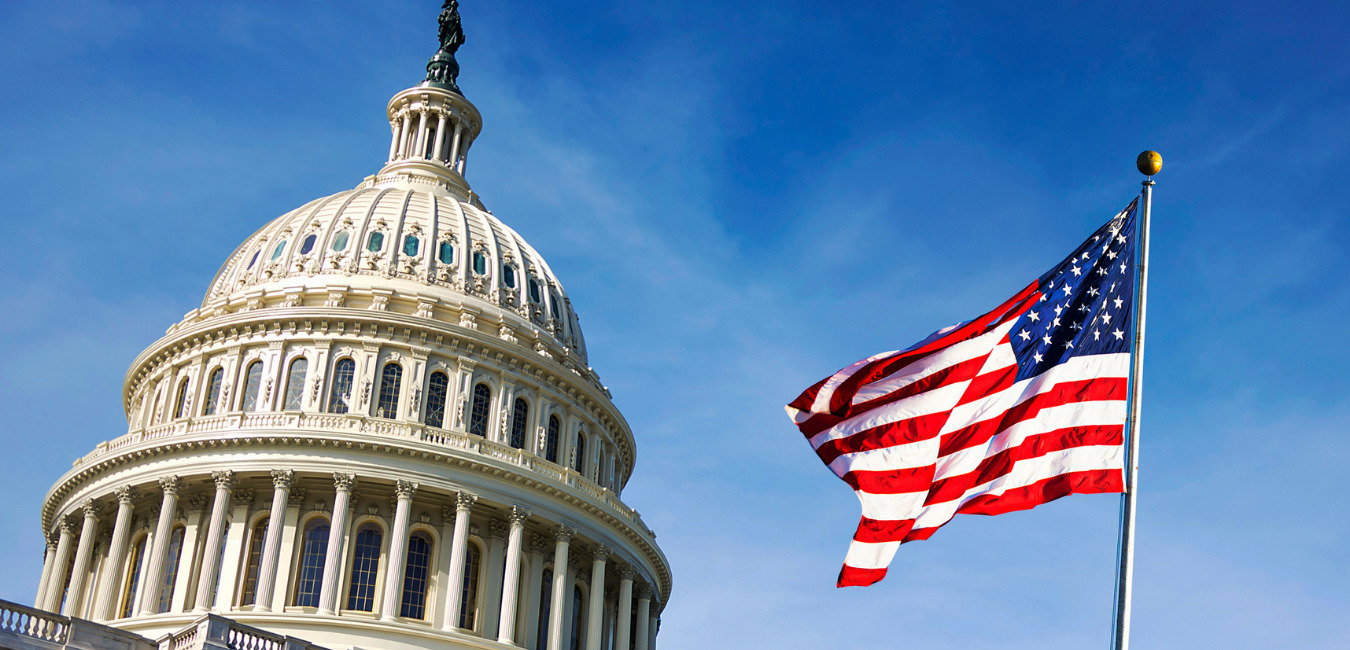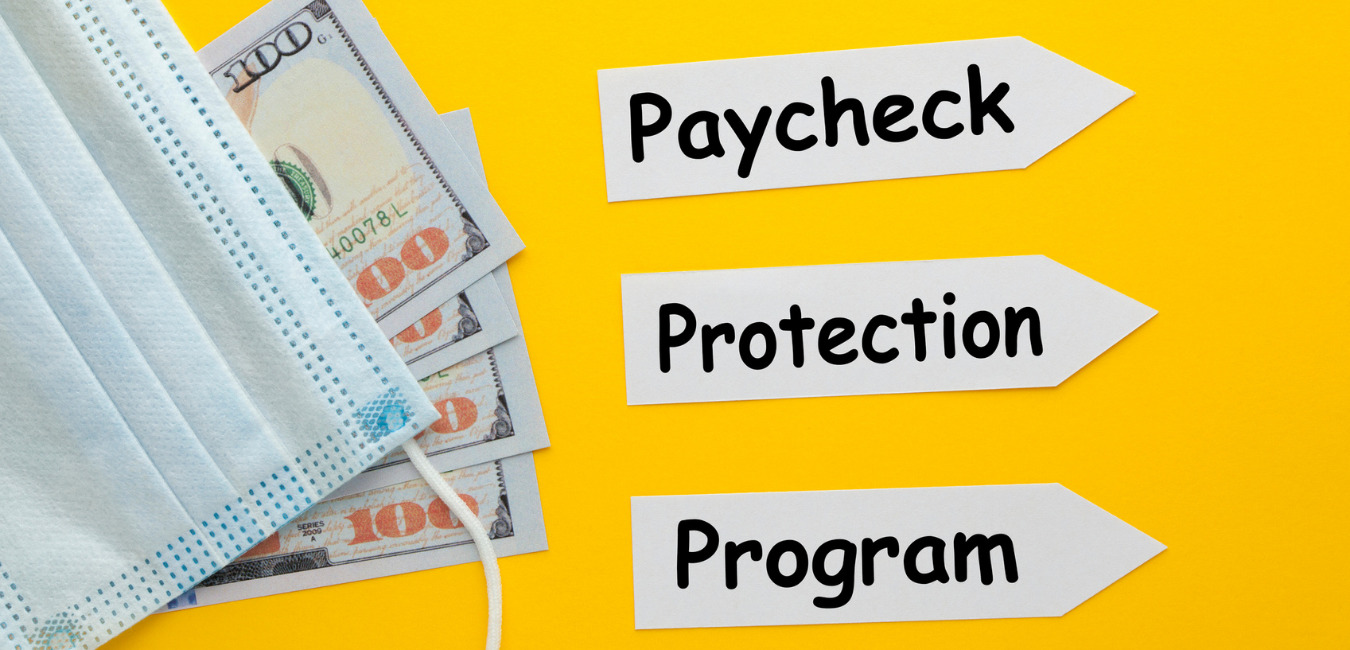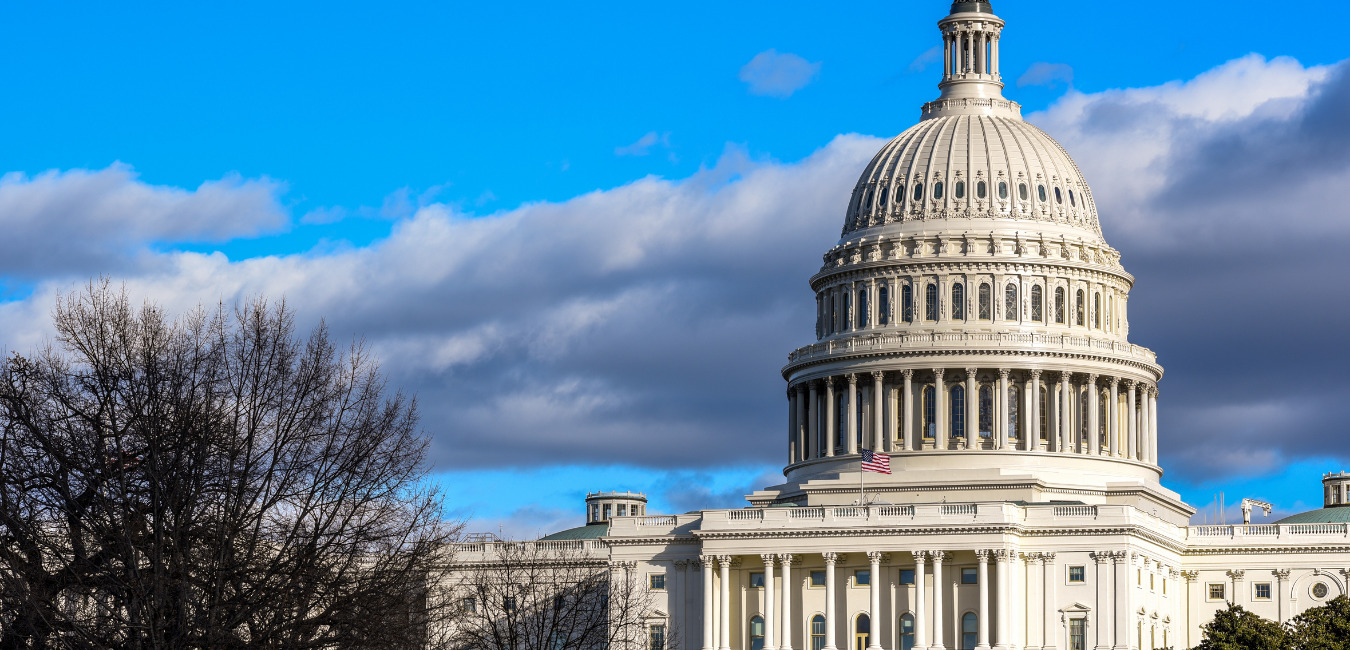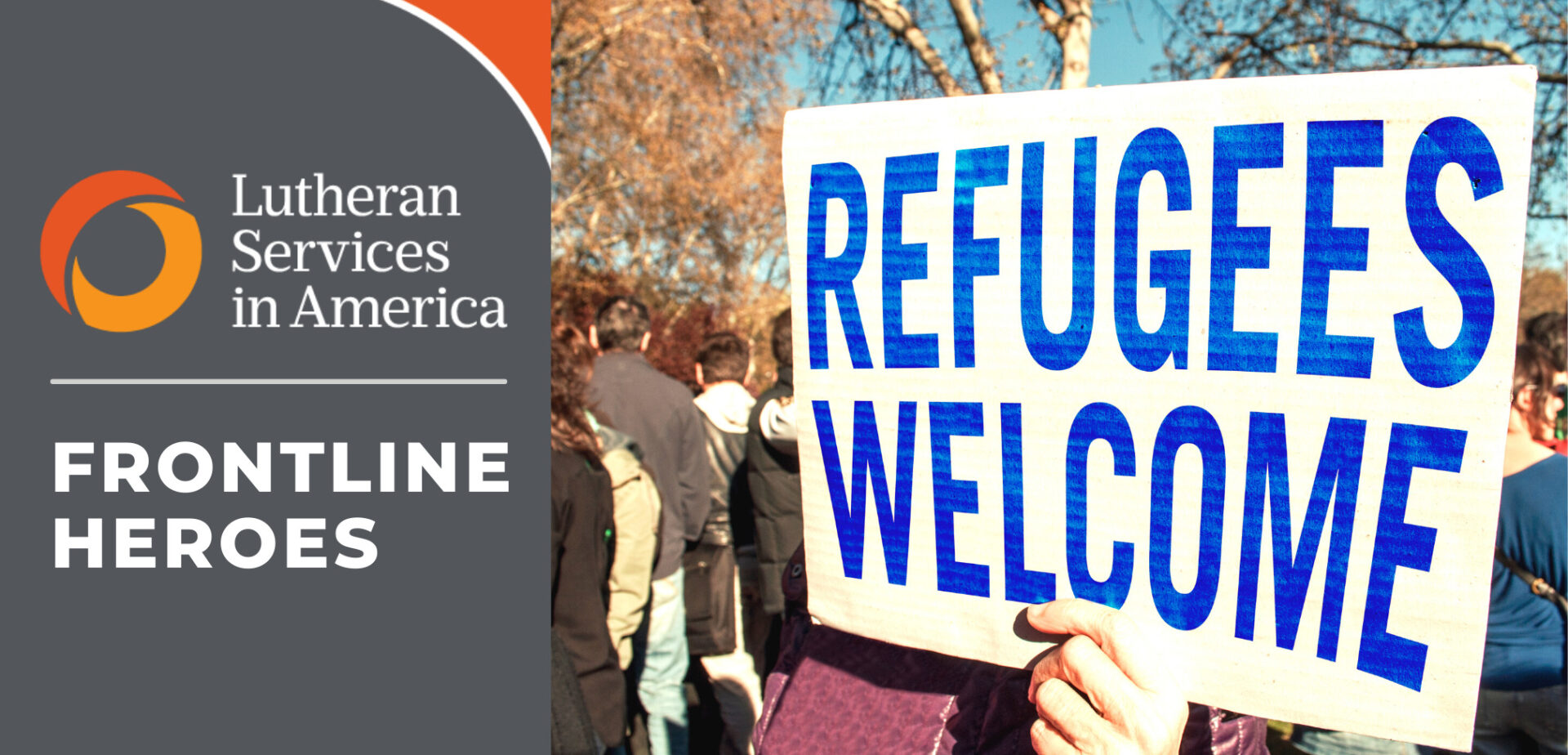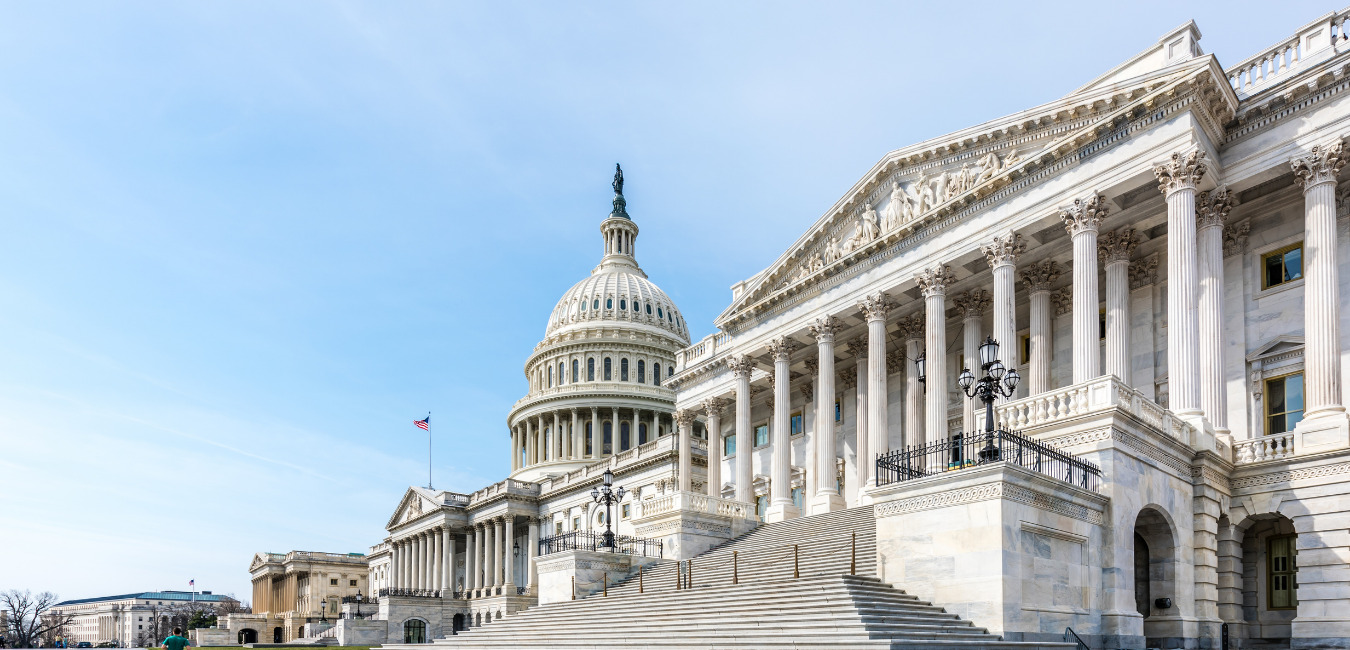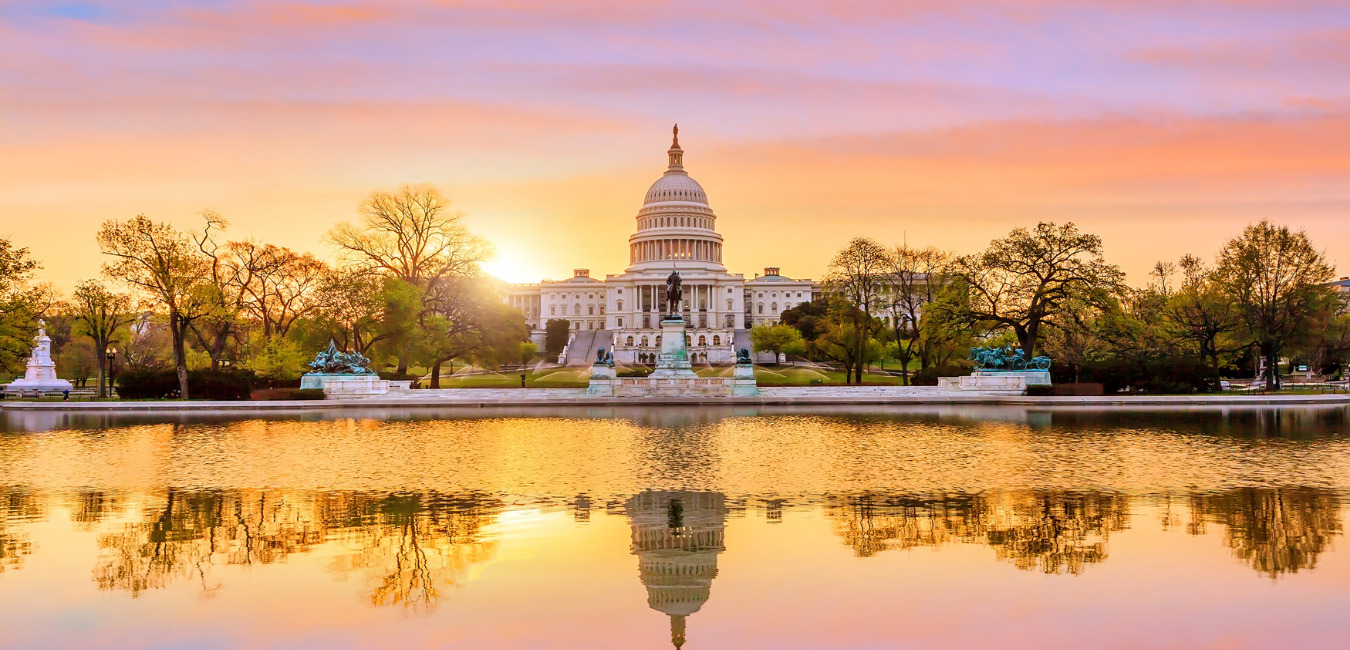The application period for the Paycheck Protection Program (PPP) through which the Small Business Administration (SBA) makes forgivable loans available to certain nonprofits will expire on March 31. Therefore, if you are currently eligible and have not yet applied, it is very important that you do so as soon as possible. Also, certain other nonprofits are expected to become eligible for funding after the American Rescue Plan COVID relief bill is signed into law (anticipated by March 14) and should prepare NOW in order to be ready to apply.
For more information about this program and application requirements, including possible required documentation, please see below, check our Federal Funding Opportunities webpage, and contact your lender. If you will only become eligible under the anticipated expansion of the program, it is especially important to get ready now to be able to apply quickly, given the short timeframe between expected enactment of the law and the program’s expiration.
Current Program Status
A 14-day exclusive application period for entities with fewer than 20 employees began on Wednesday, February 24, 2021, at 9 am ET and will end on Tuesday, March 9, 2021, at 5pm ET. All applications already submitted by lenders to the SBA before the start of the exclusivity period will still be processed by SBA. During the two-week period, SBA will not accept new applications from lenders for businesses and nonprofits with 20 or more employees, so that lenders can focus on serving smaller companies. Once the exclusivity period ends, lenders will be able to submit PPP loan applications for all sizes of currently eligible businesses and nonprofits again.
Loans Currently Available
- “First Draw” loans for entities with fewer than 500 employees total who have not already received funding
- “Second Draw” loans for entities that:
- have already received and spent an initial PPP loan
- have no more than 300 employees, and
- can demonstrate a 25% reduction in gross receipts.
Anticipated Upcoming Program Expansion
We anticipate that when the American Rescue Plan COVID relief bill becomes law, on or before March 14, a third category of eligibility will be created for nonprofits with 500 or more employees across multiple locations, but with no more than 500 employees at a single one of those locations. Additional funding is being made available exclusively for this category.
By Sarah Dobson, Director of Public Policy and Advocacy
